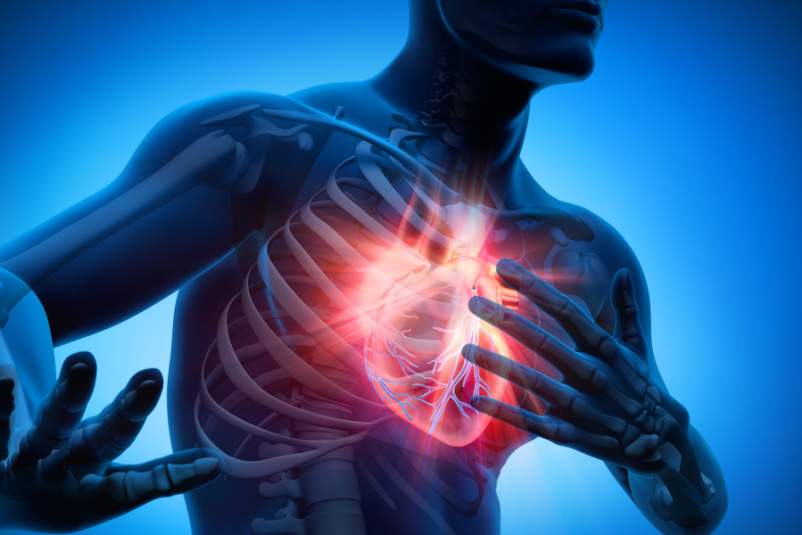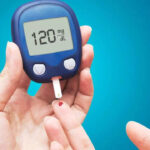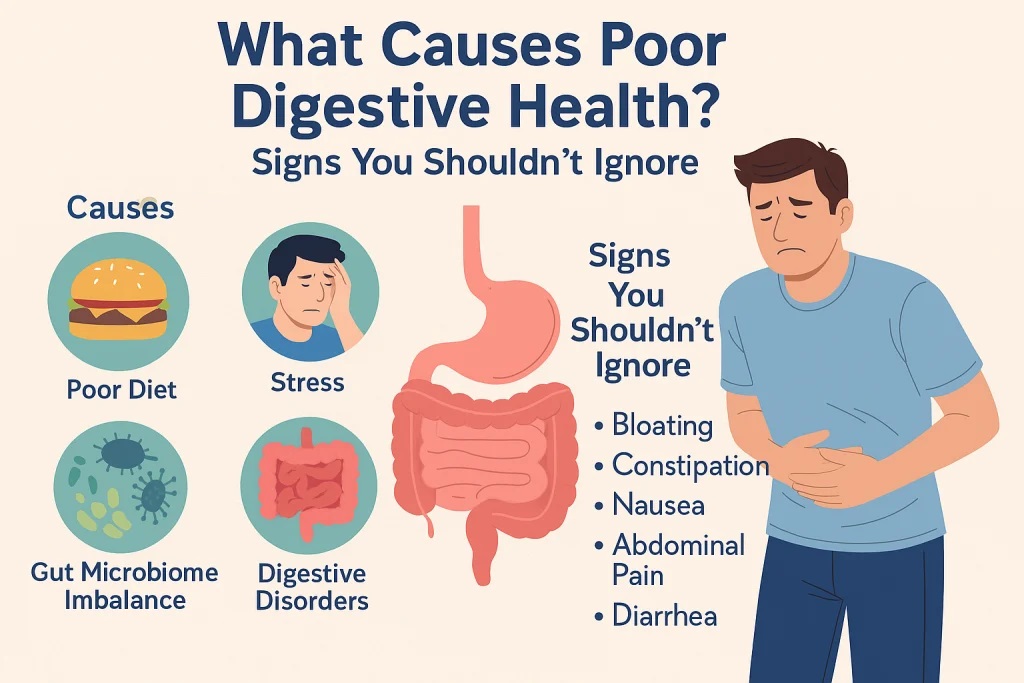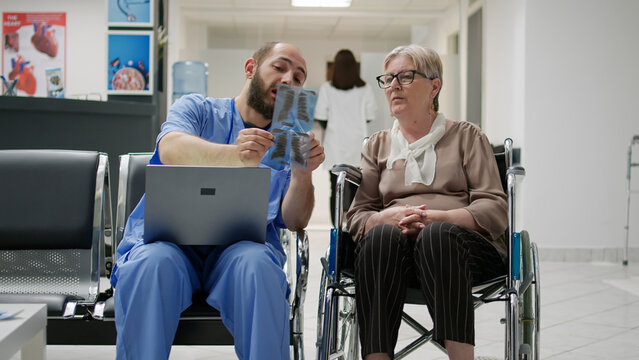Chronic Heart disease remains one of the leading causes of death worldwide, but what many people don’t realize is that it is often preventable. One of the most effective ways to protect your heart is by maintaining healthy cholesterol levels. At Local MD, we focus on evidence-based strategies that combine medical treatments, nutrition, and lifestyle changes to help our patients achieve lasting heart health.
In this comprehensive guide, we’ll discuss the science of cholesterol, why it matters, and the medically proven ways to reduce cholesterol and prevent chronic heart disease.
Understanding Cholesterol: The Good, The Bad, and The Essential
Cholesterol is a fat-like substance found in every cell of the body. It’s essential for producing hormones, vitamin D, and bile acids that help digest fats. However, not all cholesterol is created equal.
LDL (Low-Density Lipoprotein) – “Bad” Cholesterol
High levels of LDL can cause plaque buildup in the arteries, narrowing them and leading to atherosclerosis—a major risk factor for heart attacks and strokes.
HDL (High-Density Lipoprotein) – “Good” Cholesterol
HDL helps remove excess cholesterol from the bloodstream and transport it back to the liver for elimination. Higher HDL levels are linked to a lower risk of heart disease.
Triglycerides
Triglycerides are another type of fat found in the blood. When levels are high, especially alongside high LDL and low HDL, the risk of coronary artery disease increases significantly.
Maintaining the right balance among these lipids is key to preventing chronic heart disease.
The Link Between High Cholesterol and Heart Disease
When LDL cholesterol accumulates in the arterial walls, it causes plaques that reduce blood flow and oxygen delivery to vital organs. Over time, these plaques can rupture, triggering blood clots that may cause:
-
Heart attacks
-
Strokes
-
Peripheral artery disease
This process is gradual and often silent, making routine cholesterol testing and early intervention crucial.
Medically Proven Strategies to Lower Cholesterol
Reducing cholesterol effectively requires a combination of medical therapy and lifestyle modification. At Local MD, we follow clinical guidelines and evidence-based practices to help patients manage cholesterol safely and sustainably.
Medication-Based Cholesterol Control
When lifestyle changes alone are not enough, medications can play a crucial role. Here are the most commonly prescribed and medically proven treatments:
a. Statins (HMG-CoA Reductase Inhibitors)
Statins are the first-line treatment for high cholesterol. They work by blocking the enzyme that helps produce cholesterol in the liver.
Examples include: Atorvastatin, Rosuvastatin, Simvastatin.
Benefits:
-
Reduces LDL cholesterol by up to 50%.
-
Lowers risk of heart attack and stroke.
-
Stabilizes arterial plaques.
b. Ezetimibe
Ezetimibe works by blocking cholesterol absorption in the small intestine, making it an excellent option for patients who cannot tolerate high-dose statins.
c. PCSK9 Inhibitors
These injectable medications, such as Evolocumab and Alirocumab, help the liver remove LDL from the blood more efficiently. They are highly effective for patients with genetic cholesterol disorders or those who do not respond to statins.
d. Bile Acid Sequestrants
These drugs bind bile acids in the digestive tract, forcing the body to use more cholesterol to make new bile acids, thus reducing LDL levels.
e. Fibrates and Niacin
Primarily used to lower triglycerides and boost HDL cholesterol, these medications are often prescribed alongside statins for a complete lipid management plan.
Medical Monitoring and Regular Check-Ups
Frequent follow-up visits with your primary care provider ensure your cholesterol-lowering plan is effective and safe. At Local MD, we conduct:
-
Lipid panel blood tests every 3–6 months
-
Liver function tests (for patients on statins)
-
Blood pressure and weight monitoring
-
Cardiovascular risk assessments
Regular visits help detect side effects early and keep treatment aligned with your evolving health needs.
Lifestyle Interventions That Lower Cholesterol Naturally
While medications are highly effective, lifestyle remains the foundation of cholesterol management. The good news? Even small changes can lead to significant improvements.
Heart-Healthy Diet
a. Increase Soluble Fiber Intake
Foods rich in soluble fiber—like oats, lentils, apples, and flaxseeds—help reduce cholesterol absorption in the bloodstream. Aim for 5–10 grams of soluble fiber daily.
b. Choose Healthy Fats
Replace saturated fats (found in red meat and butter) with unsaturated fats (found in olive oil, avocados, and nuts). These fats help raise HDL while lowering LDL.
c. Limit Trans Fats
Avoid processed foods and baked goods that contain partially hydrogenated oils—they significantly increase LDL and lower HDL levels.
d. Include Omega-3 Fatty Acids
Fatty fish like salmon, mackerel, and sardines are rich in omega-3s, which help lower triglycerides and improve overall cardiovascular function.
e. Eat More Plant Sterols
Plant sterols and stanols, found in nuts, seeds, and fortified foods, block cholesterol absorption and can lower LDL by up to 10%.
Maintain a Healthy Weight
Even a 5–10% weight reduction can dramatically improve cholesterol levels. Fat cells influence how cholesterol is metabolized; thus, losing excess fat enhances HDL levels and reduces LDL and triglycerides.
Exercise Regularly
Physical activity helps raise HDL and lower LDL cholesterol. The American Heart Association recommends:
-
150 minutes of moderate exercise per week (like brisk walking or cycling), or
-
75 minutes of vigorous activity (like running or swimming).
Exercise also improves blood pressure, insulin sensitivity, and overall cardiovascular function.
Quit Smoking
Cigarette smoke lowers HDL and damages the walls of your arteries, accelerating atherosclerosis. Within weeks of quitting, your HDL begins to rise, improving blood flow and heart function.
Limit Alcohol Consumption
While moderate alcohol intake may increase HDL slightly, excessive drinking raises triglycerides and contributes to heart disease. Limit alcohol to:
-
1 drink per day for women
-
2 drinks per day for men
The Role of Medical Nutrition Therapy (MNT)
At Local MD, we use Medical Nutrition Therapy to create personalized diet plans based on your lab results, genetics, and lifestyle. This approach involves:
-
Nutrient tracking and portion control
-
Reducing sodium intake to lower blood pressure
-
Meal planning for sustainable eating habits
MNT has been clinically proven to reduce LDL cholesterol by up to 15–20%, especially when combined with medical supervision.
Cholesterol and Inflammation: The Hidden Connection
Chronic inflammation is a key driver of atherosclerosis. High cholesterol triggers immune responses in the arterial walls, leading to plaque buildup. Therefore, managing inflammation is as important as lowering cholesterol.
Anti-Inflammatory Strategies Include:
-
Consuming foods high in antioxidants (berries, leafy greens, nuts)
-
Reducing processed sugar and refined carbs
-
Managing stress through meditation or yoga
-
Ensuring adequate sleep
These practices protect the endothelium (the lining of blood vessels) and support long-term cardiovascular health.
When to Seek Medical Help
You should consult your healthcare provider if you experience:
-
Chest discomfort or shortness of breath
-
Leg pain while walking (possible artery blockage)
-
Family history of early heart disease
-
Persistently high cholesterol despite lifestyle changes
At Local MD, we perform comprehensive cardiovascular evaluations to identify underlying causes such as genetic hypercholesterolemia or metabolic disorders.
Preventing Chronic Heart Disease Beyond Cholesterol
Cholesterol is just one piece of the puzzle. Preventing chronic heart disease also involves managing:
-
High blood pressure
-
Diabetes
-
Obesity
-
Sedentary lifestyle
A holistic approach that combines medication, nutrition, exercise, and emotional well-being is the best defense against heart disease.
Conclusion: Take Charge of Your Heart Health Today
Maintaining optimal cholesterol levels isn’t just about numbers—it’s about preserving your heart and quality of life. Through medically proven methods, you can lower your cholesterol, prevent chronic heart disease, and enjoy a healthier, longer future.
At Local MD, we are committed to guiding patients every step of the way, from medical treatment to lifestyle transformation. Regular check-ups, personalized care, and consistent follow-ups are the cornerstones of our approach.
Your heart deserves attention today—because prevention is the best cure.






